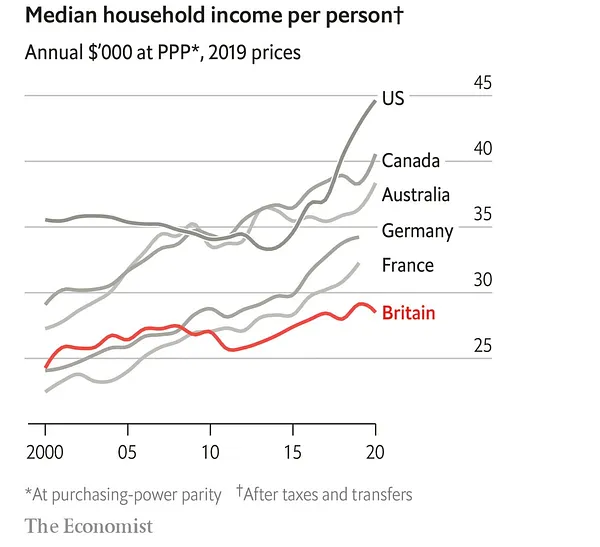Links - December 2022
Published Dec 2022
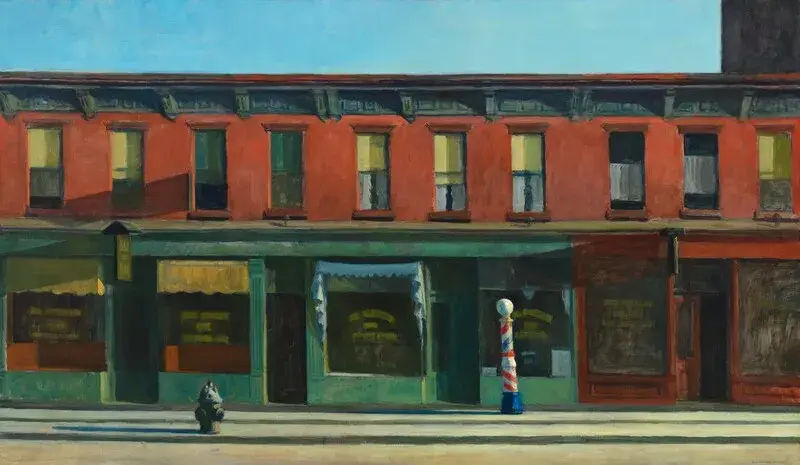 Edward Hopper, Early Sunday Morning, 1930
Edward Hopper, Early Sunday Morning, 1930
Here are some interesting links I found in December:
- Strong evidence for assortive mating based on blood type.
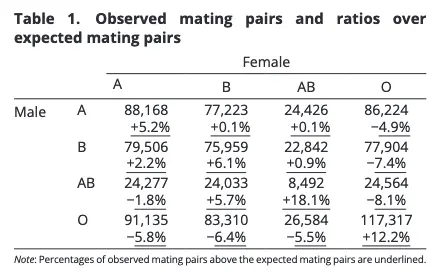
- Is wine fake?
- Are farm antibiotics destroying our health?
- Bacteria that we once vilified for their associations with disease, like the gut-dweller Helicobacter pylori—“the only good Helicobacter pylori is a dead Helicobacter pylori,” one scientist wrote in The Lancet in 1997—have been discovered as important in their own right: H. pylori is beneficial for preventing reflux and esophageal cancers.
- But it was too late. As Blaser would write in a 1999 dirge for the bacterium, this discovery was made only after H. pylori had virtually disappeared from the microbiomes of children in the developed West. And because these microbiota are passed from generation to generation, whether through birth or breast milk, they are likely to become rarer with time.
- By 2017, American cattle producers used about 171 milligrams of antibiotic per kilogram of livestock—four times as much as in France, and six times as much as in the United Kingdom.
- It is not surprising that the introduction of antibiotics into an aquatic environment leads to reduced fertility and increased mortality. Lewis believes that antibiotics are responsible for the insect die-offs seen in industrialized countries: the antibiotic rifampin resulted in “prolonged reductions in longevity and fecundity” among two termite species, with similar effects shown with bumblebees’ exposure to antibiotics.
- Was the $100Bn Time Warner merger deal the worst ever?
- Wolves infected with Toxoplasma gondii were 46 times more likely to become pack leaders.
- Low-dose radiation from A-bombs elongated lifespan and reduced cancer mortality relative to un-irradiated individuals.
- Notes on Saudi Arabia.
- Male athletes do cry more (when they win) in countries with larger female labor force participation rates.
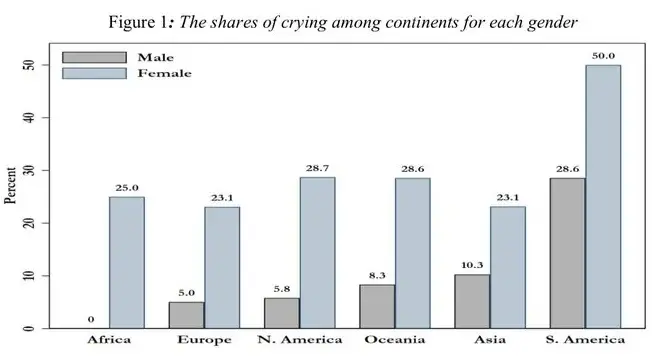
- Economics research is mostly untrustworthy because economists cheat so much with the statistics.
- Fortuna favoured Boris Johnson until she changed her mind.
- But for Machiavelli, the successful politician took Fortuna’s fickleness as an invitation to be bold.
he wrote in a now-jarring passage,
and if you wish to keep her under it is necessary to beat and ill-use her; and it is seen that she allows herself to be mastered by the adventurous rather than by those who go to work more coldly.’
- Perhaps the greatest tragedy of Johnson’s political career, and the turn of events ensuring he won’t be remembered except as a comedy turn, is that he survived.
Had the prime minister died of Covid in April 2020, he would almost certainly be remembered as one of the greats, a man who might have reached Churchillian levels but fell steering the democracy through its greatest emergency since the war.
- Of course, Johnson hadn’t wished for that, any more than any of us would; because what is historical greatness when you can enjoy the moment here on earth, and avoid dying a horrible death?
What does it all matter, really, history? Deep down, I wonder if all Johnson’s classicism, the obsession with history and Fortuna and fate, was all just a LARP.
- India's 3000 year caste strait-jacket.
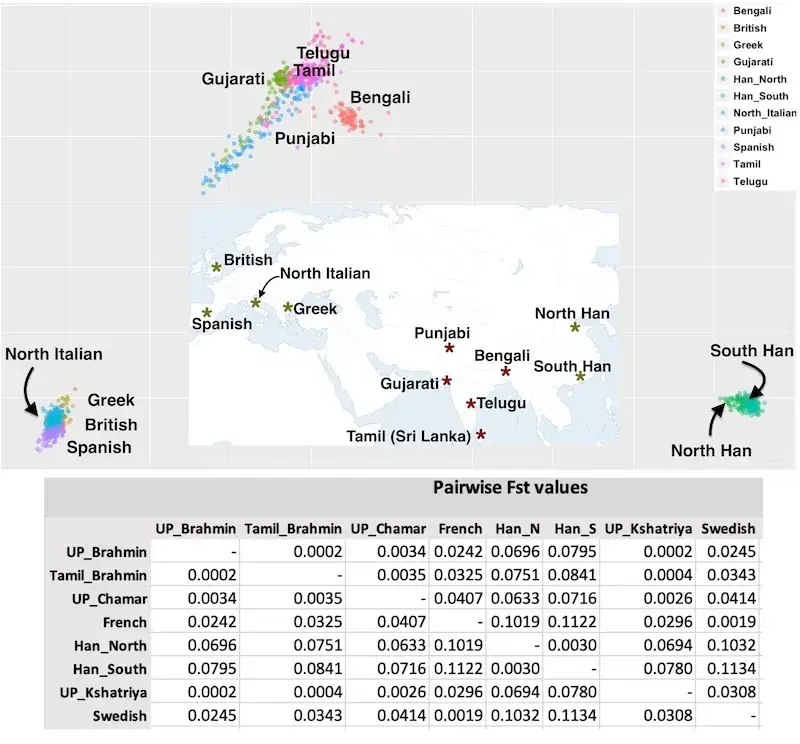
- South Asians have about 3-5% more genetic variants per genome than Han Chinese, while Africans have some 20% more variants per genome than either group.
- Despite being in the same state and speaking the same language, and believing in the same Hindu religion, the genetic difference between Dalits and upper castes in Uttar Pradesh is like that between nationalities within Europe or Chinese from the far north vs. far south.
In contrast, the distance between Brahmins in Uttar Pradesh and Brahmins in Tamil Nadu, the southernmost state of India, is 0.0002.
In other words, Brahmins in Uttar Pradesh are more than 10x genetically closer to Brahmins in a state more than 1,300 miles away than they are to Chamars also right there in Uttar Pradesh.
- Bacteria from an Olympic weightlifter' poop improves muscle mass and physical function (in mice).
- The yard-sale model and how taxation redistributes wealth.
- Attractiveness relative to leg-torso ratio.
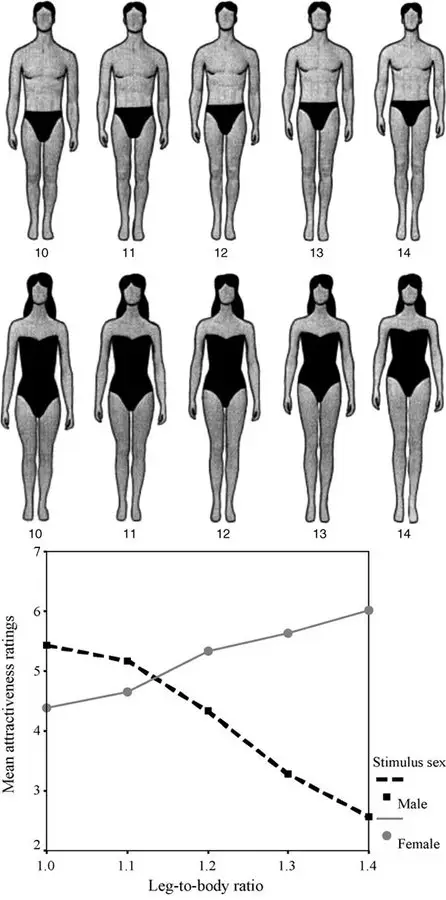
- Martin Shkreli's advice to SBF on prison culture.
- Staring into the abyss as a core life skill.
- Book review: Wang Fanxi's Mao Zedong Thought.
- In fact, Mao knew little about Marxism beyond its rudimentary principles at that point in his life. It was only in the late 1930s that he began to study Marxist literature properly.
This was in the context of his rivalry with Stalin’s puppet Wang Ming, who used the authority of Moscow and Marxist terminology to attack Mao.
According to Wang Fanxi, it was Confucian teachings and classical Chinese literature rather than Marxism that inspired Mao throughout his life.
- As Chen Yuan, former chairman of the China Development Bank, once remarked: “We are the Communist Party and we will decide what communism means.”
- Grit has a negligible effect on educational and economic success compared to intelligence.
- Russia-Iran trade corridor.
- Grade inflation in Harvard.
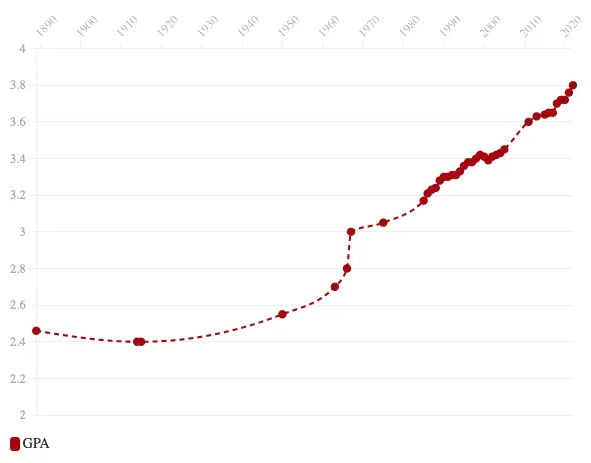
- In 1950, when Harvey Mansfield was but a freshman at Harvard, the average GPA was estimated at 2.55. Now, it’s much closer to 3.80.
- IQ scores can be increased by education but IQ increases do not represent an intelligence increase.
- Nostalgia for decline in deconvergent Britain.
